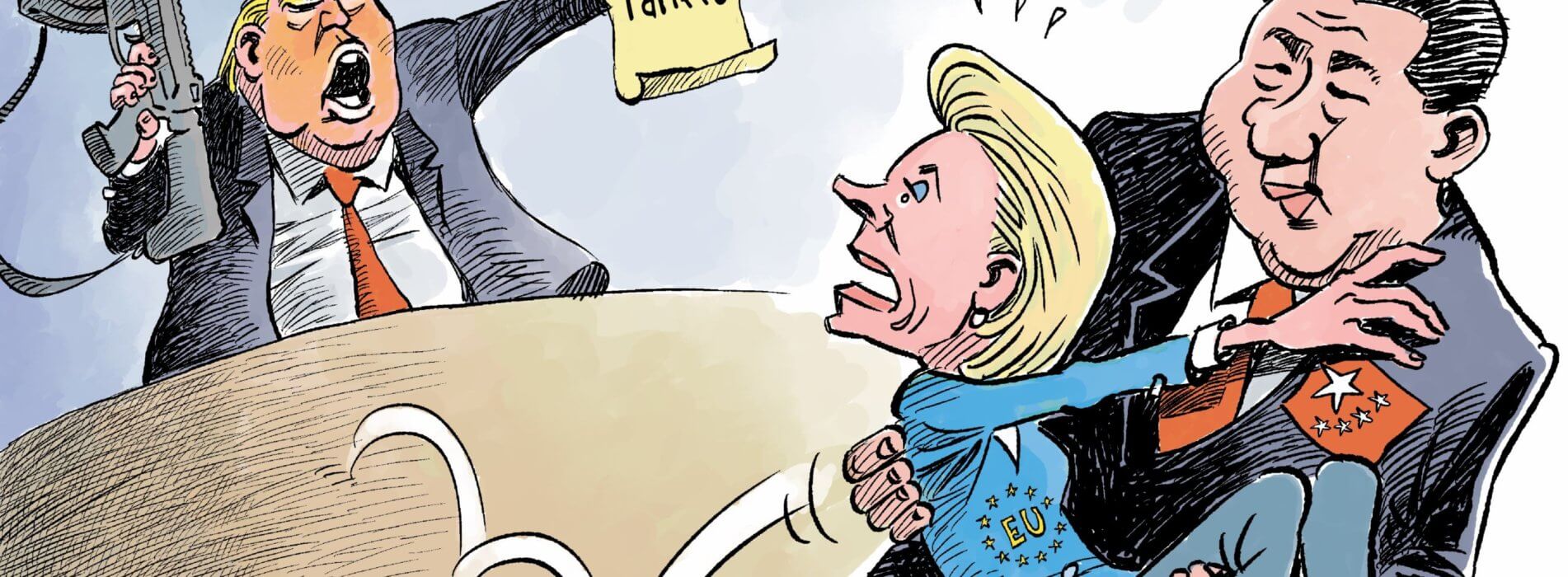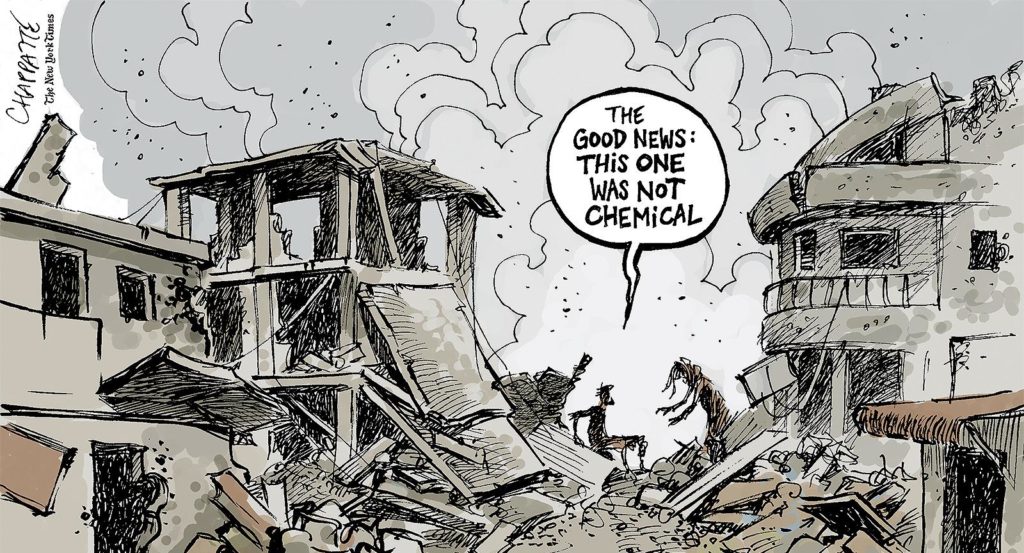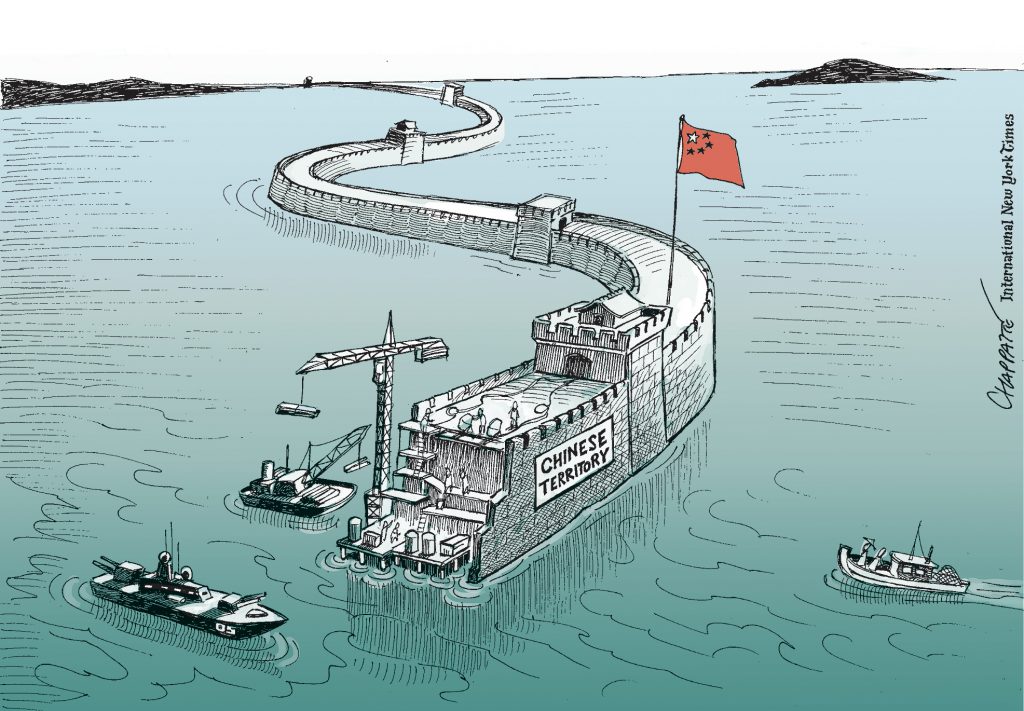Diplomacy Today
BOX 1 | Diplomatic Realism
Diplomatic realism, often simply referred to as realism, is a theory of international relations that emphasises the competitive and conflictual nature of relations between States. Here are some key principles of diplomatic realism:
- International anarchy: The international system is anarchic, meaning that there is no higher authority to regulate relations between States. States must therefore rely on their own means to ensure their security and interests.
- State sovereignty: States are the main actors in international relations. They are sovereign and act rationally to maximise their security and power.
- Power and national Interests: States seek to maximise their relative power in relation to other states. Power can be measured in terms of capabilities — military, economic, technological, etc. National interests, often defined in terms of security, survival and prosperity, guide the actions of States.
- Balance of power: States form alliances and adopt strategies to maintain a balance of power, thus preventing a single State or coalition of States from becoming too powerful and threatening their security.
- Inevitable conflict: Realists consider conflict to be an inevitable feature of international relations. States are in constant competition for resources, territory and influence, which can lead to conflict and war.
- Pessimism about cooperation: Realists are sceptical about the possibility of lasting international cooperation. They see international institutions and agreements as tools that States use to promote their national interests rather than as means of genuine cooperation.
Diplomatic realism has been influenced by thinkers such as Thucydides, Machiavelli, Hobbes, and more recently by modern theorists such as Hans Morgenthau and Kenneth Waltz. This theory provides a framework for understanding the behaviour of States in a world where security and survival are of paramount concern. This realist theory is one of the analytical frameworks for international relations, in addition to liberalism and constructivism. They all have in common that they are rooted in Western philosophy.
Source: David Ho, “Les théories chinoises des relations internationales: une brève introduction”, La Revue d’histoire militaire, 4 April 2024.



